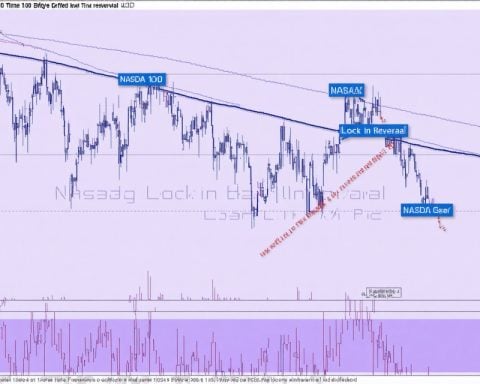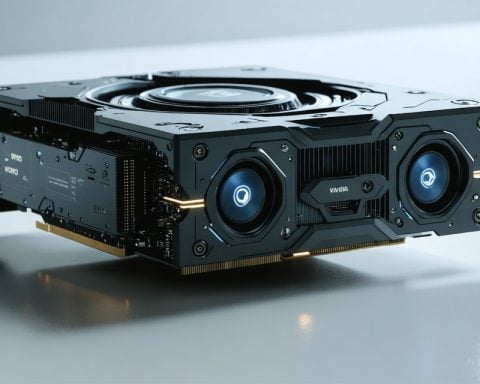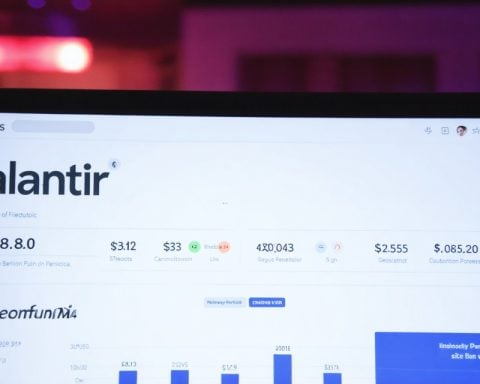In a decisive financial manoeuvre, Nokia has significantly advanced its stock repurchase initiative by acquiring nearly two million of its shares. These shares were bought at an average price of 4.20 euros each, with the total investment reaching approximately 8.08 million euros.
This strategic buyback is part of Nokia’s larger commitment to returning substantial value to its investors. Over a span of two years, the company aims to return up to 600 million euros to shareholders through similar financial operations. Currently, Nokia holds a noteworthy 195,325,962 of its own shares. This not only underscores their dedication to shareholder interests but also reflects a robust financial strategy aimed at optimising share value.
Industry observers note that such share buyback programmes can boost market confidence by signalling that a company believes its stock is undervalued. By reducing the number of shares in circulation, Nokia is effectively increasing the value of the remaining shares, demonstrating a tangible effort to reward long-term investors.
To delve deeper into the dynamics of Nokia’s stock performance, you can explore in-depth analyses available on financial platforms like TipRanks, where Nokia’s growth strategies and market position are continually assessed.
This move positions Nokia as a proactive entity in the tech industry, striving for a balance between innovation and financial prudence, thereby reinforcing investors’ trust.
Nokia’s Bold Financial Moves: How Stock Buybacks Impact the Tech Giant
Introduction
Nokia’s recent decision to intensify its stock buyback plan with a purchase of nearly two million shares has stirred interest in the financial and tech communities alike. While this strategic move is part of a larger initiative aimed at enhancing shareholder value, it’s essential to explore the broader—and sometimes unspoken—implications this holds for individuals, communities, and countries globally.
The Global Impact of Share Buybacks
While buybacks are primarily financial manoeuvres to return value to investors, they hold deeper implications. For instance, these programmes can impact employment practices, corporate innovation strategies, and competitive positioning on a global scale.
Interesting Facts and Controversies
1. Employment Implications: Large-scale buyback programmes like Nokia’s often raise questions about how resources are allocated. Could the funds used for buybacks be better used for research, development, or hiring more employees?
2. Innovation vs. Financial Prudence: By focusing resources on buybacks, there is an inevitable trade-off. Nokia, a company with a storied history of innovation, has to balance its focus on immediate shareholder returns with the need to invest in future technological advancements.
3. Market Perception: Buybacks can signal different things to various market stakeholders. While some view it as a sign of confidence, critics argue that it may reflect a lack of profitable growth opportunities.
Advantages and Disadvantages
Advantages:
– Shareholder Value: By reducing the number of outstanding shares, the company effectively increases earnings per share, potentially leading to a higher share price.
– Market Signal: It sends a positive message that the company believes in its intrinsic value.
Disadvantages:
– Resource Allocation: Funds used for buybacks could limit investments in innovation or expansion.
– Risk of Short-term Focus: It might align company interests more with immediate financial gains rather than long-term strategic growth.
Questions Answered
– How do stock buybacks benefit average citizens? Theoretically, if a company thrives and its stock price rises, shareholders, potentially including pension funds or retirement accounts, benefit. This can translate to increased wealth for those invested directly or indirectly in the company.
– Do buybacks impact a company’s long-term innovation strategy? They can. Funds allocated for buybacks might otherwise be invested in research and development, influencing a company’s ability to innovate and compete in the future.
Conclusion
Nokia’s stock repurchase initiative is a microcosm of the ongoing debate over the best use of corporate resources. As the company seeks to balance financial operations with the necessity to innovate, stakeholders are reminded of the complex narratives intertwined with financial decisions. The impact extends beyond shareholders, affecting employees, market dynamics, and innovation trajectories in regions where Nokia’s operations play a critical role.
For further insights into Nokia’s financial strategies and market analysis, please visit Nokia.























